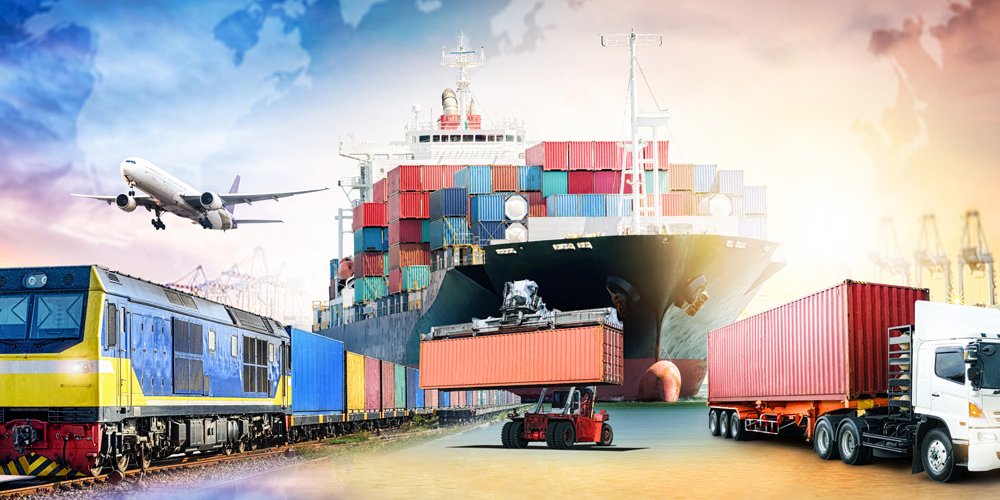What are the key risks in the transport and logistics industry?
Transport and logistics businesses face a broad range of risks depending on the area of operations they specialise in, but a shortage of skilled workers and work health and safety concerns are among the long-standing risks facing all operators.
Newer risks are also emerging driven by operational changes such as the emergence of new technologies in the form of tracking, automation and autonomous vehicles. Population growth and the associated rise in demand, congestion and infrastructure pressures, and environmental concerns linked to climate change, are also redefining the risk landscape for transport and logistics companies.
Who should consider insurance?
Whether you operate a large national fleet or are an owner-driver, and
whether you store goods or only transport them, you should have a range of insurance covers to protect your workers, safety and commercial risks.
Did you know?
14.5%
Freight logistics accounts for around 14.5% of Australian GDP.
(The Chartered Institute of Logistics and
Transport website, 2020)
4B
(National Freight and Supply Chain Strategy, 2019)
35%
(National Freight and Supply Chain Strategy, 2019)
What insurance should you take out – and what can it cover?
In this sector, insurances fall into three broad categories – those that protect your commercial and business risks, your people and safety.
Type of cover
Commercial vehicle
Potential benefits
Protects cars, trucks, buses, utes and other vehicles that you use in the day-to-day operations of your business.
Property
Protects your buildings, such as office facilities, and other premises, such as vehicle yards, from damage caused by events like fires, storms, explosions, falling trees or malicious damage.
Warehousing
Provides specialised coverage for businesses operating warehouse facilities (including cold storage), protecting against risks from property and stock damage to public liability.
Goods in transit
Protects your business against financial loss if goods are lost, damaged, or destroyed while off premises and in transit.
Management liability
Protects your management team if you’re a larger business in case you need to defend, settle or pay a compensation claim.
Cyber
Safeguards you and your business against expenses and legal costs if your website or other systems are hacked.
Business interruption
Covers the costs of operating your business, like paying staff and covering bills while you recover and rebuild.
Workers’ compensation
Covers the cost of your employees’ wages, rehabilitation and medication if they become injured or sick through their work.
What usually isn’t covered?
Exclusions, the excess you need to pay and limits of liability can vary greatly depending on you insurer and the requirements of your business.
Case Study
Simon, an owner-operator truck driver, has several delivery contracts,
including a contract with a large Hunter Valley winery to deliver wine
orders to customers across New South Wales.
On one of his regular delivery runs transporting thousands of dollars of wine, he’s involved in an accident which results in damage to his truck and a complete loss of the wine on board, with the bottles shattering upon the impact.
Fortunately, Simon has commercial vehicle insurance which covers the damage to his truck and provides him with access to another vehicle while his truck is being repaired so that he can continue to operate his business. His goods in transit insurance also covers the cost of the wine

